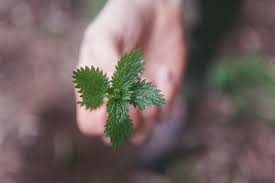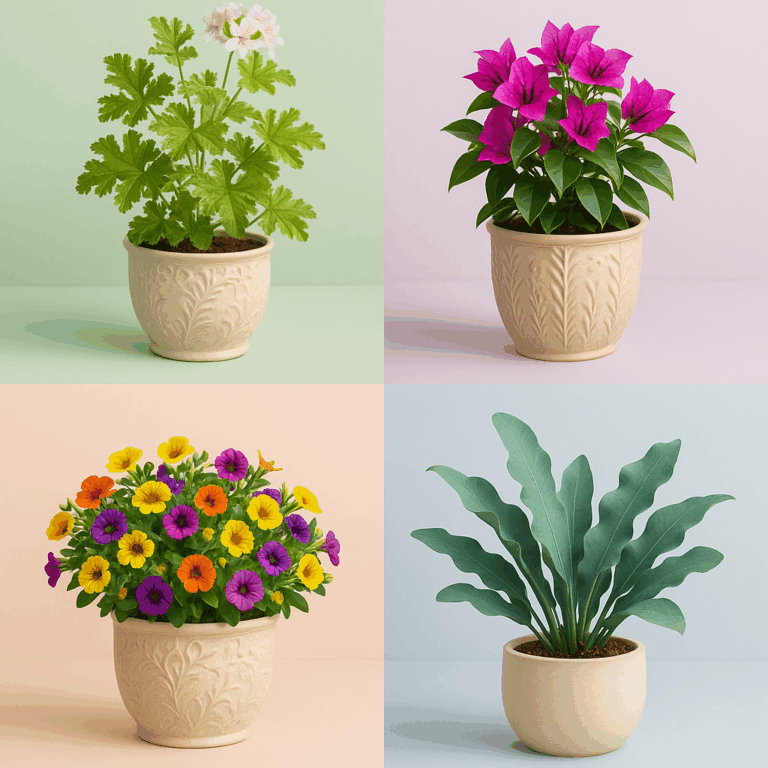Weed Control For Glorious Garden Growth
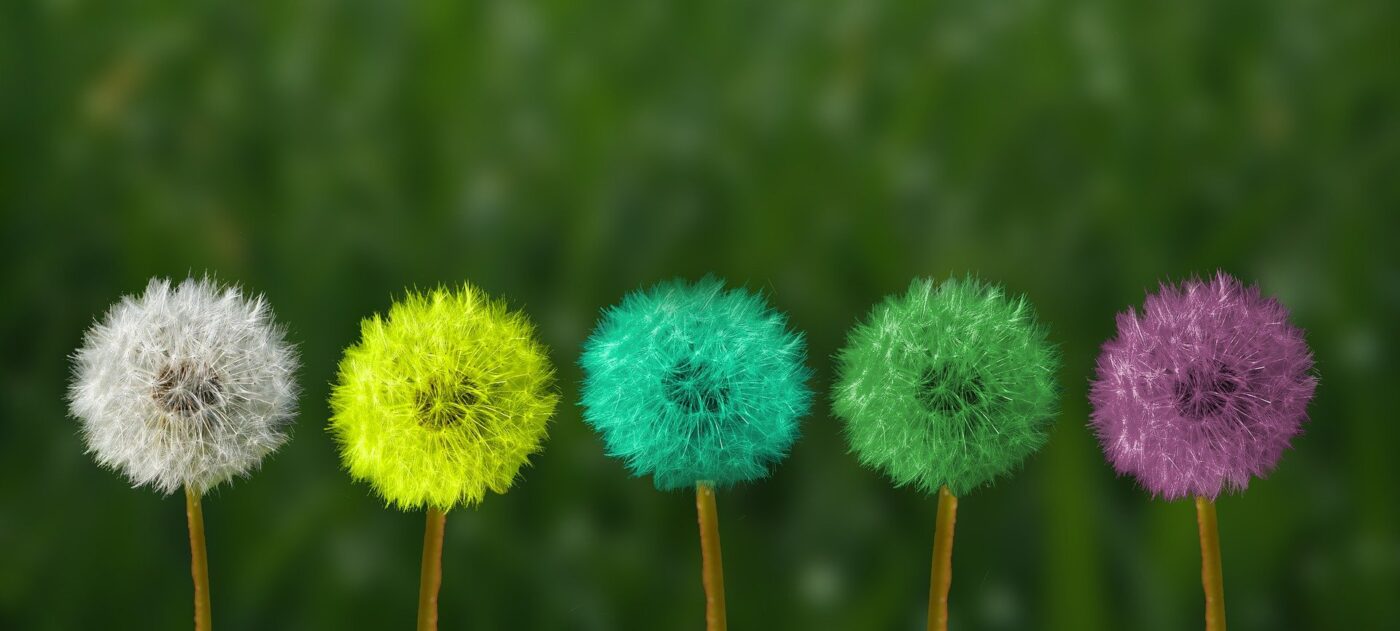
Weed control is effective when you have glorious garden growth. Weeds are your garden’s most persistent and cloying enemy. You need to know how to handle weeds to encourage growth control of your organic garden. If you let weeds take over, they will completely overwhelm plants and decimate your yield.

Salads as Weed Control
Weeds are the number one thief of nutrients, sunlight, and water, so the earlier you eliminate them, the better. Your garden will thank you with an abundant harvest. Weed control can use up your valuable time, but monitoring weeds and destroying them quickly is definitely worth the time and effort. Why not take advantage of that time by eating some of the weeds? But remember, unless you really like dandelion tea or dandelion leaves in your salad, it’s best to remove these plants before they get their fuzzy head of seeds. However, if you want to know more about which ones to eat, another good blog post is Grown & Gathered’s post A Little Guide To Edible Weeds. https://www.grownandgathered.com.au/blog-archive/a-little-guide-to-edible-weeds While you are picking out weeds, you might as well take advantage of them.
Control Young Weeds
Weed control is best when weeds are babies. As you probably know, they are usually much harder to remove when they have matured. So, it might require a keen eye to really inspect your garden for those early culprits. Turning your soil regularly in the garden will help eliminate the younger weeds, or pick them out individually. Remember one pinched out now will prevent herculean effort to remove them later.
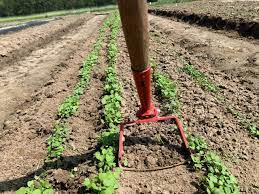
Weeds Are Year Round
Seasons also affect the appearance of weeds. Both warm-season and cool-season weeds proliferate at their appointed time of the year. It will be to your advantage to recognize which weeds are in season so you can prepare your anti-weed arsenal more effectively. To help you with this, please download this free PDF.https://kaymartco.com/wp-content/uploads/2021/09/Purdue-Master-Gardener-Guide-to-Common-Lawn-and-Garden-Weeds.pdf Some of the weed seeds may also lie in your garden, so make sure that you are able to turn your soil deeply once a week to properly remove the seeds as well. To make it easier, turn a section every day. You will get a daily workout, and the entire area turned over by the end of the week.
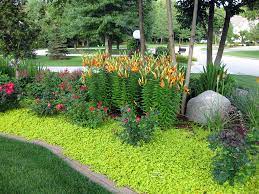
Ground Cover as Weed Control
Make sure that your ground cover is good stuff. If you leave any portion of your bed idle or bare, the weeds are more likely to target that area for their growth. Good ground cover is dense which prevents seedlings from getting the sunlight they need to grow. If you are unable to fill the entire area with plants, then use mulch. It keeps the weeds out of your garden. If weeds have already grown, chopping them off at ground level is the most efficient way to remove them. But you must watch the area since some of these weed seeds or roots may grow again. Persistent cutting will eventually kill the roots allowing your mulch and ground cover to do their work.
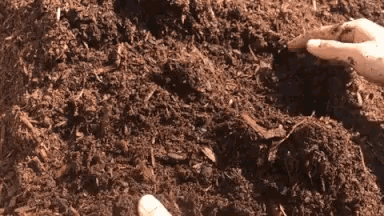
Mulching
To control a larger area, a heavy application of mulch will prevent weeds. Pesticides and herbicides are not good for your beds because they may prove harmful to your plants or other useful organisms. In any case, if you have a huge weed problem, you may use herbicides and pesticides, but only sparingly. Mulching and composting are the best ways to help maintain the soil and ward off the weeds. Ultimately, you will not encounter a lot of problems controlling weeds if, from the start, you are able to keep them from growing large in the first place. I have talked about how to make compost but if you missed it, you can get a free copy of my composting guide here. If you download it and find it of value, please consider subscribing to our email for more freebies.
Mulch is a deep covering of organic or non-organic matter. It helps distribute water evenly, keeps the soil from drying out, helps to retain water, can protect the plant from frost, and finally, helps to cool the soil. Here are a few suggestions:
- Pine straw can be a great mulch since you need to rake it up from under pine trees anyway. (Or you can find it at some nurseries in bales.) But, make sure your flowerbed or veggies are acidic loving plants since the pine straw will make the soil acidic over time. (Good for: carrots, cauliflower, celery, cucumbers, garlic, sweet peppers, pumpkins, winter squash and tomatoes.) Pine bark is another good option as it keeps the ground cool.
- Hardwood Bark Mulch can be expensive but it leaves the soil neutral to sweet (alkaline) when added 4″-6″ deep. It can be expensive in bags from a nursery so look for a saw mill. Avoid buying dyed wood mulch which is ground up old pallets. It’s the dye that is non-organic.
- Hay or straw is inexpensive and is used generously to about a foot deep. You may be able to get old hay from a farmer or rancher but stay away from hay mixed with manure as it needs to break down into compost before it can be added to the garden. The microbial action between the hay and manure heats up which could damage plant roots. Also, hay and straw can have weed seeds in the hay which could cause problems if you are not watchful.
- Cardboard boxes can be used as mulch but are not as pretty. However, if you put the cardboard in a big bucket or trashcan, add water, and break it up into a soggy mush, you can put this in your garden at mulch. A great reuse of resources.
- Compost can be used as a mulch if it is finished compost that is no longer hot. However, there are so many good uses for compost during the growing season. You can condition the soil in pots and beds. You can bag it up and give it to your neighbors. We’ve already said it’s like gold. If you are a compost making fiend, then go ahead otherwise go get some hay.
I’m not going to suggest plastic tarps or even garden fabric or especially ground-up rubber as these are expensive and wear out over time and are not organic. I’ve found they also allow weeds through and they make cultivation impossible. The weeds win.
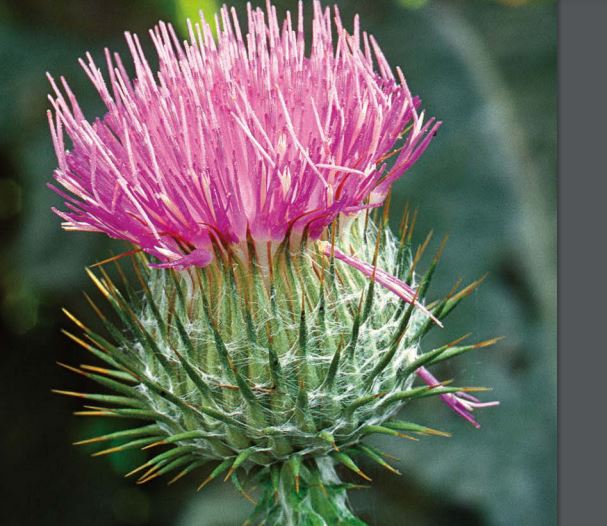
Here is another free PDF guide: Weeds of North America. Please subscribe to our email list so Google ranks us and I can continue to provide freebies. Please let me know on Facebook or in an email, what you use as a mulch and how often you weed your garden. Or, do you eat the weeds?

